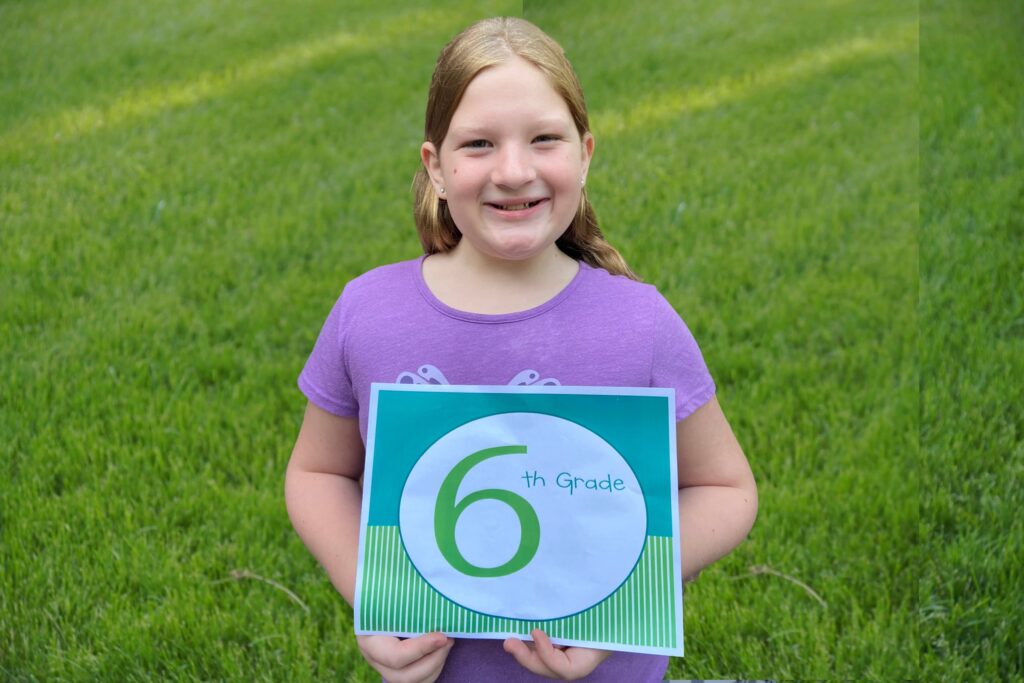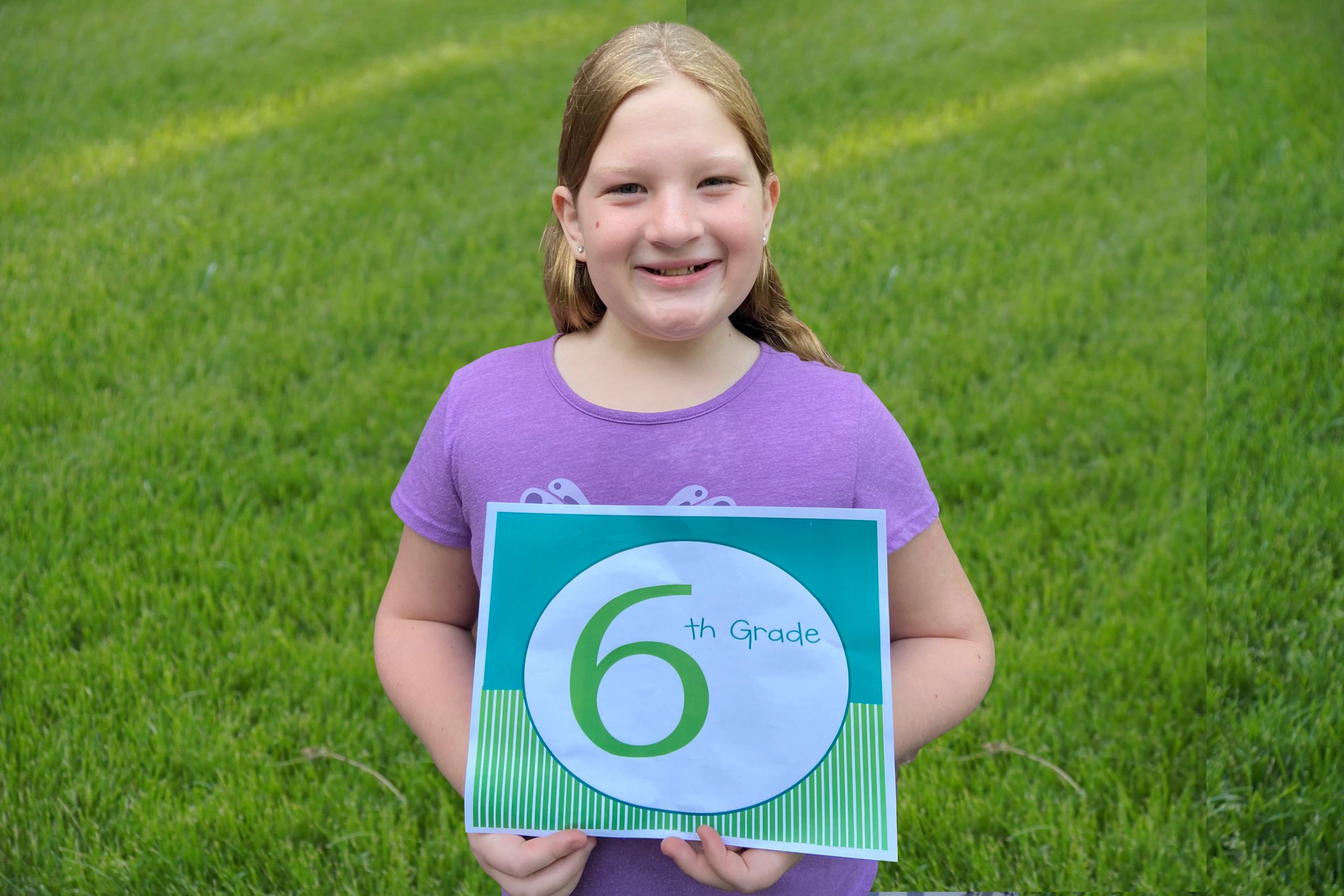
How Old Are 6th Graders? Understanding the Age Range and Developmental Stage
Understanding the age range of students in 6th grade is crucial for educators, parents, and anyone involved in their development. Knowing the typical age of 6th graders helps in tailoring educational strategies, understanding their social and emotional needs, and setting appropriate expectations. So, how old are 6th graders typically? Let’s delve into this question and explore the developmental stage of these young adolescents.
Typical Age Range of 6th Graders
Most 6th graders are between the ages of 11 and 12 years old. However, this isn’t a hard and fast rule. The exact age can vary depending on a student’s birthdate and the school district’s cut-off dates for enrollment. Generally, students who turn 11 during the summer before 6th grade or early in the school year will be 11 years old when they begin 6th grade. Conversely, those who turn 12 during the school year will be 12 years old while in 6th grade. Therefore, when someone asks, “how old are 6th graders?”, the answer is usually between 11 and 12.
It’s worth noting that some students may be slightly older or younger due to various reasons, such as grade retention or acceleration. However, the vast majority of 6th graders fall within this age range. Understanding this age bracket is essential for designing curricula and teaching methods that are developmentally appropriate. Knowing how old are 6th graders helps in preparing relevant materials and activities.
Factors Influencing the Age of 6th Graders
Several factors can influence the exact age of students in 6th grade:
- School District Cut-Off Dates: School districts have specific cut-off dates for enrollment, usually based on birthdates. This can determine whether a child starts kindergarten at age 5 or 6, which subsequently affects their age in later grades, including 6th grade.
- Grade Retention: If a student struggles academically or socially, they may be held back a grade. This would make them older than their peers in 6th grade.
- Grade Acceleration: Conversely, academically gifted students may be accelerated and skip a grade, making them younger than their classmates.
- Early or Late Birthdates: A student born in the summer might be almost a full year younger than a student born in the fall of the same year. This difference in maturity can be noticeable, especially in early adolescence.
These factors contribute to the variations in age within a 6th-grade classroom. When considering how old are 6th graders, it’s important to remember that these are averages, and individual circumstances can lead to differences. [See also: Impact of Age on Academic Performance]
Developmental Stage of 11 and 12-Year-Olds
Understanding the developmental stage of 11 and 12-year-olds is just as important as knowing how old are 6th graders. This age group is typically in early adolescence, a period marked by significant physical, cognitive, social, and emotional changes. These changes influence how they learn, interact with others, and perceive the world around them.
Physical Development
Physically, 6th graders are entering or already experiencing puberty. This involves rapid growth spurts, hormonal changes, and the development of secondary sexual characteristics. These physical changes can be a source of both excitement and anxiety for students. They may be self-conscious about their changing bodies and concerned about fitting in with their peers. It’s essential for educators and parents to provide accurate information and support during this time.
Cognitive Development
Cognitively, 6th graders are transitioning from concrete operational thinking to more abstract thought. They are beginning to develop the ability to think hypothetically, reason logically, and understand complex concepts. However, they may still struggle with abstract ideas and require concrete examples to fully grasp new information. Teachers can support their cognitive development by providing opportunities for critical thinking, problem-solving, and creative expression. They are learning to understand the world in more nuanced ways.
Social and Emotional Development
Socially and emotionally, 6th graders are navigating the complexities of peer relationships and identity formation. They are increasingly influenced by their friends and concerned about social acceptance. They may experiment with different identities and try to find their place within their social groups. This can be a time of both excitement and vulnerability. It’s important for adults to provide a supportive and understanding environment where they feel safe to explore their identities and express their emotions. Understanding how old are 6th graders also means understanding their social landscape.
Emotional regulation can also be a challenge for this age group. They may experience intense emotions and struggle to manage them effectively. Teaching them strategies for emotional regulation, such as mindfulness and deep breathing, can be beneficial. Additionally, fostering a classroom environment that promotes empathy, respect, and inclusivity can help them develop healthy social and emotional skills. [See also: Strategies for Supporting Adolescent Emotional Health]
Implications for Educators and Parents
Knowing how old are 6th graders and understanding their developmental stage has significant implications for educators and parents. It informs the way they approach teaching, parenting, and supporting these young adolescents.
Curriculum and Instruction
Educators need to design curricula and instructional strategies that are developmentally appropriate for 11 and 12-year-olds. This means incorporating activities that promote critical thinking, problem-solving, and creative expression. It also means providing concrete examples and hands-on experiences to help them grasp abstract concepts. Additionally, teachers should be mindful of the social and emotional needs of their students and create a classroom environment that is supportive, inclusive, and respectful. Understanding the age range helps teachers tailor their approach. Therefore, knowing how old are 6th graders is beneficial for curriculum design.
Communication and Support
Parents need to communicate openly and honestly with their 6th graders about the changes they are experiencing. This includes discussing puberty, peer relationships, and identity formation. They should also provide a supportive and understanding environment where their children feel safe to express their emotions and explore their identities. It’s important to listen to their concerns, validate their feelings, and offer guidance and support. Open communication is key to navigating this challenging stage of development. When parents know how old are 6th graders, they can better understand the challenges their children face.
Setting Expectations
Both educators and parents need to set realistic expectations for 6th graders. They should understand that these young adolescents are still developing and may struggle with certain academic, social, or emotional challenges. It’s important to be patient, supportive, and encouraging. Celebrate their successes, acknowledge their efforts, and provide constructive feedback. Remember that progress may not always be linear, and setbacks are a normal part of the learning process. Knowing how old are 6th graders helps in setting achievable goals. Understanding the age-related capabilities is crucial for fostering a positive learning environment.
Addressing Common Concerns
Parents and educators often have common concerns about 6th graders. Addressing these concerns can help create a more supportive and understanding environment.
- Academic Performance: Some 6th graders may struggle with the increased academic demands of middle school. Providing extra support, tutoring, or modifying assignments can help them succeed.
- Social Issues: Peer pressure, bullying, and social exclusion are common concerns. Teaching students about empathy, respect, and conflict resolution can help address these issues.
- Emotional Challenges: Anxiety, depression, and low self-esteem can affect 6th graders. Providing access to mental health resources and promoting emotional well-being can help them cope with these challenges.
- Technology Use: Excessive screen time and online safety are growing concerns. Setting limits on technology use, monitoring online activity, and educating students about online safety can help mitigate these risks.
By addressing these common concerns, educators and parents can create a more supportive and nurturing environment for 6th graders. Understanding how old are 6th graders also helps in anticipating and addressing these issues effectively. Knowing their developmental stage aids in tailoring interventions.
Conclusion
In conclusion, how old are 6th graders? Typically, 6th graders are between 11 and 12 years old. This age group is in early adolescence, a period marked by significant physical, cognitive, social, and emotional changes. Understanding their developmental stage is crucial for educators and parents to tailor their teaching, parenting, and support strategies. By providing a supportive, understanding, and nurturing environment, we can help 6th graders navigate this challenging but exciting stage of development and thrive academically, socially, and emotionally. Recognizing how old are 6th graders allows for more effective educational practices. Understanding the age range of how old are 6th graders is fundamental to effective teaching and parenting. The question of how old are 6th graders is more than just a number; it’s about understanding their development. Remember, how old are 6th graders is a key factor in how they learn and grow. Considering how old are 6th graders informs all aspects of their education and upbringing. The answer to how old are 6th graders helps us tailor our approach to their needs. So, when asking how old are 6th graders, remember to consider their developmental stage as well. Finally, remember that how old are 6th graders is a starting point for understanding their world. With the understanding of how old are 6th graders, we can better support their journey through adolescence.

